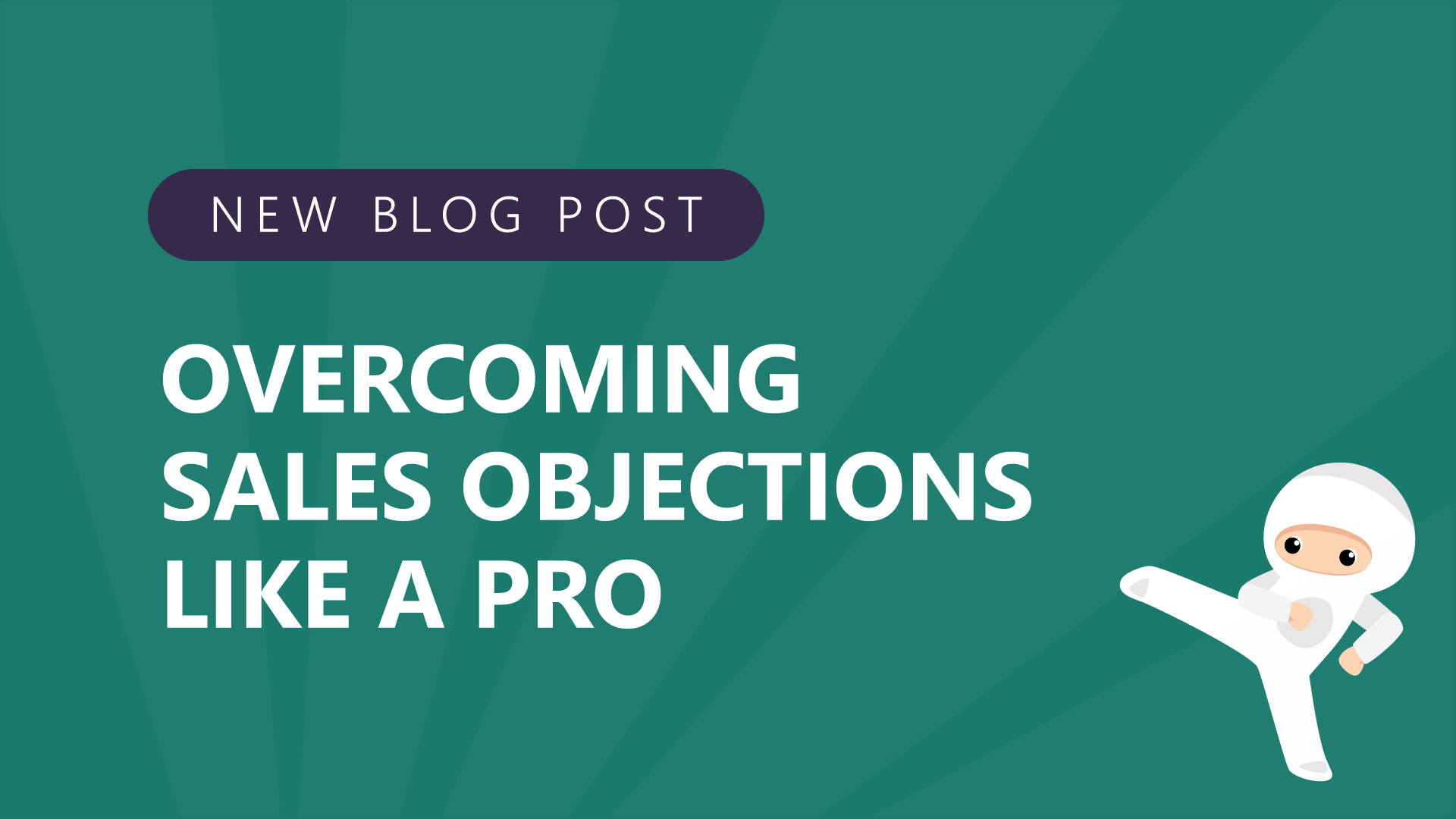Overcoming sales objections is a harrowing task. Many salespeople brace themselves for a coming objection and when it inevitably comes they handle the objection poorly. So that begs the question: what’s the proper way to handle an objection? How do you use the objection to connect with your prospect?
David Priemer joined me in an episode of Negotiations Ninja to talk about buyer intent and why people buy. Buying is largely an emotional decision. So how do you convince someone to buy a service or product when there’s an objection in play? Let’s talk about it.
Overcoming sales objections begins with listening
Every negotiator likely hears this objection often: “It’s too expensive”. Do not immediately offer them a discount. Don’t launch into a monologue about what sets your product/service apart and what makes it worth the monetary investment. Instead, take a step back and ask questions:
Why is it too expensive? Is it over the budget you’ve set? Do you not have the finances for this sort of investment? Are they looking for a discount? Is the prospect more interested in a competitor? Is there another solution that provides more value?
Allow your potential customer to explain their objection and listen intently. Your main objective should be to understand their objection and provide a solution for it. The top sales-performers have mastered asking the right questions and listening to hear—not to react.
Find the root cause
Sometimes the root issue isn’t even the expense. David uses the example of someone seeking out a personal trainer. When told that it’s a hefty investment of $1,000 a month with a minimum attendance of 4x times a week, of course the knee-jerk reaction is “Wow, that’s expensive!”.
But a good personal trainer helps you move beyond the price—they seek out why you’re there in the first place. Perhaps you’re training for a marathon? Are you looking to lose weight to feel better about yourself?
Often, the root cause of paying for a personal trainer is something quite personal. Sometimes the answer doesn’t reveal itself until the trainer takes the time to make you feel comfortable. They have to ask questions, get to know you, and listen to get to the root cause: you want to lose weight because you feel your wife doesn’t find you attractive anymore.
Perhaps the root cause of the objection IS simply cost. If a prospect can’t afford what you’re currently offering, is there a more affordable option that can suit their current needs? A person can still access a gym to lose weight without the added expense of a personal trainer.
In the same way, you must be prepared for the simple fact that not everyone can afford your service or product—you can’t always manage the objection in a way that ends in a sale. But perhaps your ability to listen and understand the client’s needs can end with them referring someone else to you.
Everything ties back to emotion
Whether or not someone makes a purchase typically ties back to their emotions about the product and the experience. If a prospect feels that they’ve made a connection with you and that you understand their core needs, they’re more likely to work with you. It’s a great way to build an ongoing relationship.
To learn more about buyer intent, the psychology and science behind why people buy, and handling sales objections—listen to David’s episode on the Negotiations Ninja podcast.

